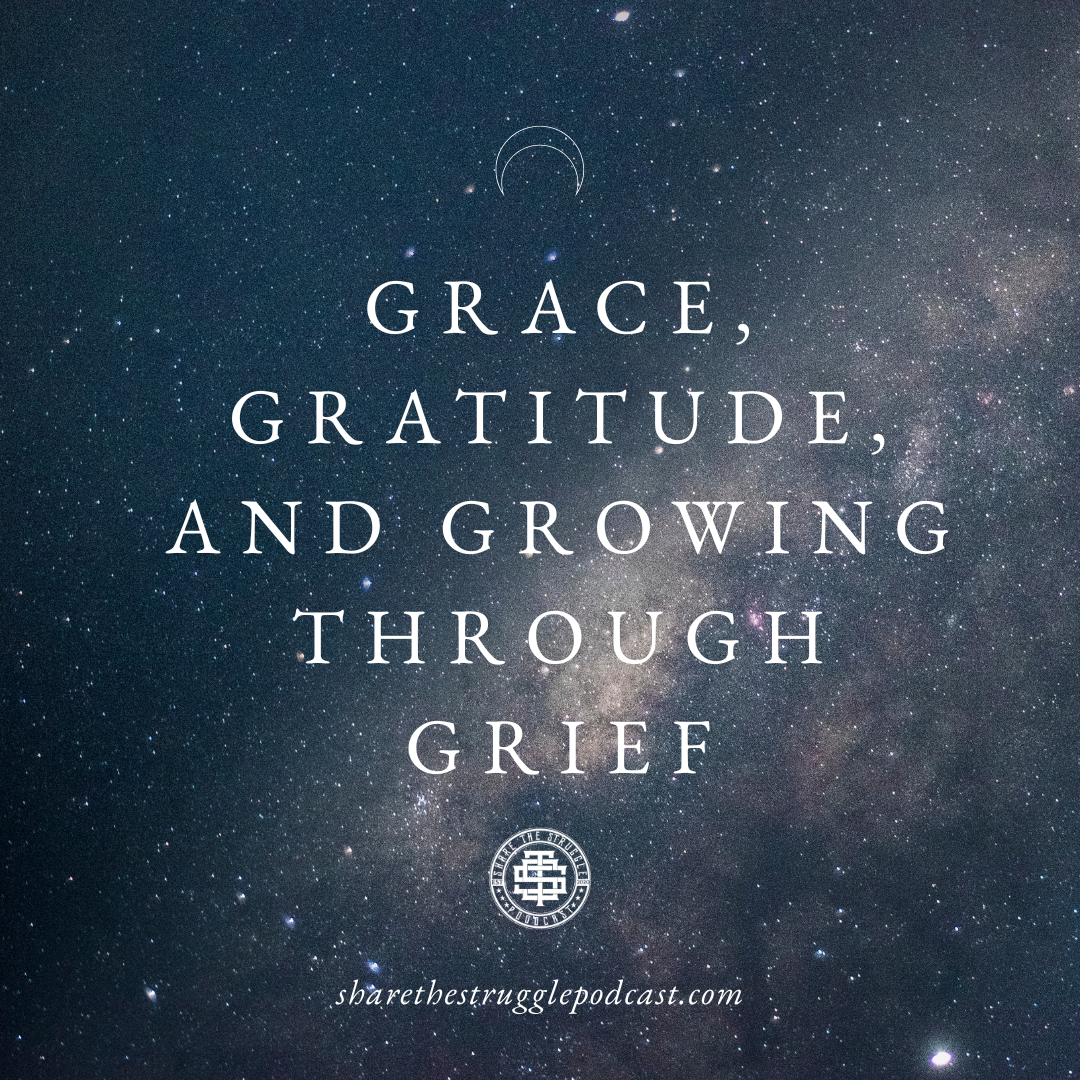Grace, Gratitude, And Growing Through Grief

The weekend began as a simple calendar win: two back-to-back DJ gigs we could squeeze in before the holiday slowdown. It turned into a study in composure, community, and closure. The first event was a trunk-or-treat at a local Ford dealership, a hometown scene of costumes, cold wind, and kids buzzing between open trunks. I curated spooky-leaning classics and upbeat hits to set a playful Halloween mood. Then the glitch hit: my laptop charger vanished, battery at twenty percent, and stores had the wrong parts. With minutes left, I faced an awful choice—cancel or improvise. I chose to set up fast, sound-check on the dying laptop, and run the rest of the event from my phone. Not elegant, but honest. Music played, kids danced, and no one knew the panic under the playlist.
That scramble taught me how much composure is a skill, not a personality trait. Past me would have spiraled and sold the gear by morning. Instead, I focused on the people in front of me, the purpose of the event, and the reality that a clean mix is less important than a steady presence. My wife brought warmth, our daughter got her first taste of trick-or-treating, and our family created a small memory between gusts of wind and spooky hooks. Community gigs remind you that being dependable is its own performance—the set list matters, but the service matters more. When you show up calm amid chaos, you make space for everyone else to relax, too.
The second event changed the tone entirely. We learned, nearly on arrival, that the masquerade fundraiser supported Seeds of Hope, a community resource that provides meals, warmth, clothing, and guidance for people experiencing homelessness and addiction. For my wife, it was a jolt: her mother had relied on Seeds of Hope before losing her battle with addiction and taking her own life. She wrestled with whether to stay anonymous or speak. As the dance floor filled and the auction ended, a quiet internal voice kept repeating one request: say thank you. Eventually, she met the director and shared her gratitude—on behalf of a daughter who once tracked the bus routes to predict whether her mother would be warm, fed, and treated with dignity that day.
That conversation carried more weight than any drop or transition I could play. The director remembered her mother, the hard edges and held grudges that addiction can calcify. Still, there was recognition and tenderness—proof that the work had reached a difficult soul in ways few could. We left feeling the distinct click of a door finally closing. In the weeks before, we had laid her mother to rest; on Sunday, the sermon was about forgiveness. It felt like a pattern you only notice after the fact: a sequence of nudges toward healing—awkward, unscripted, real. My wife scheduled a Reiki session to release the last residue of anger and sorrow, not to erase loss but to move forward as a present mother and a steadier partner.
There’s a line I keep returning to: everyone struggles. Some go through it. Some grow through it. Growth showed up here as choosing to serve the moment, even when the plan broke. It looked like admitting fear, then walking toward the conversation anyway. It sounded like the simple words no one in a crisis hears enough: thank you. If you work in the trenches of human pain—feeding, warming, guiding—know that your quiet shifts change families you’ll never meet. And if you’re living with grief, consider the small closures within reach: a note, a prayer, a session, a walk into a room you’ve avoided. The art of the weekend wasn’t the mix. It was the grace to keep playing, and the courage to say what needed saying before the music stopped.







